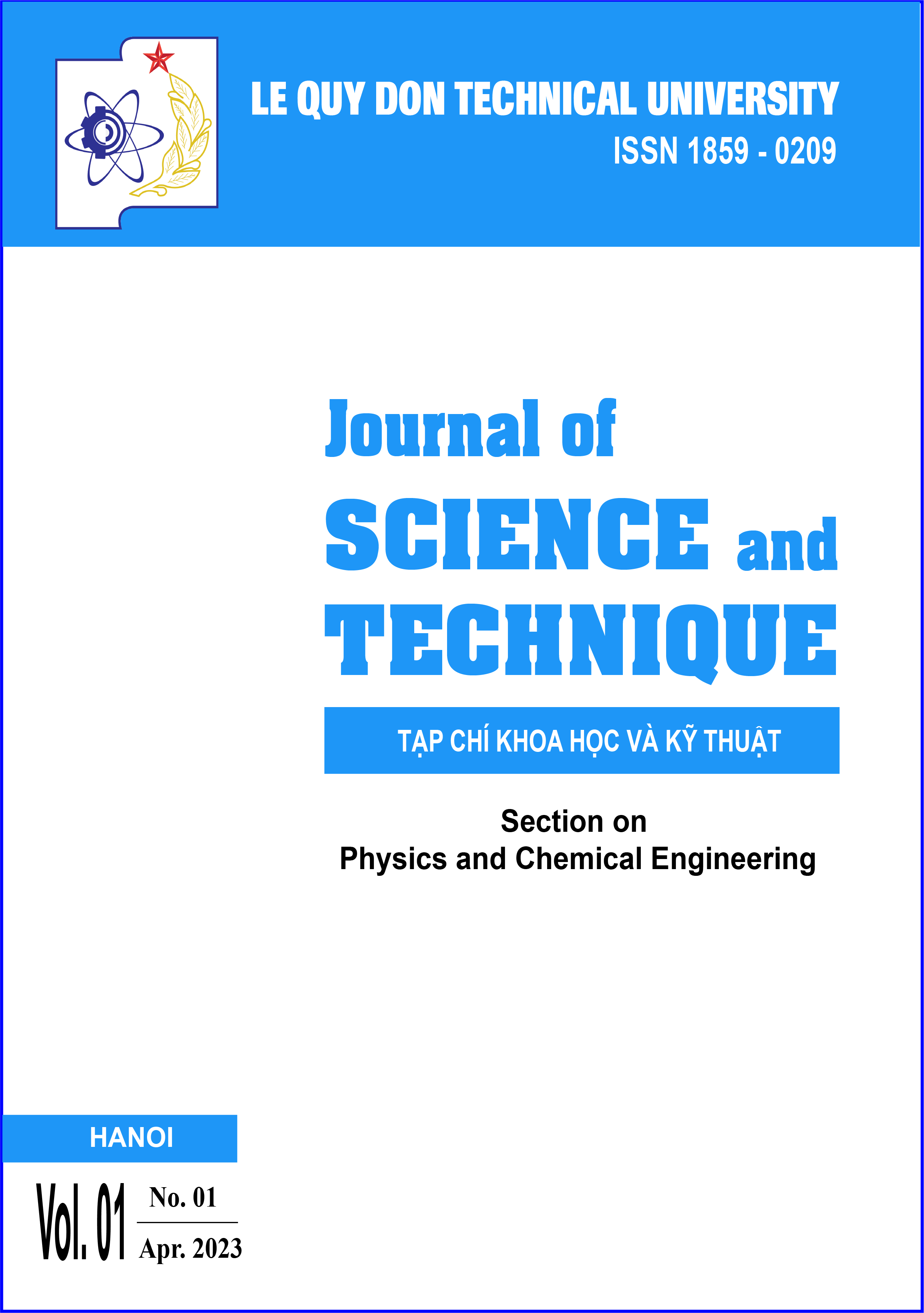EPOXY RESIN, VINYL COPOLYMER, AND RICE HUSK SILICA BASED TERNARY NANOCOMPOSITES: FABRICATION, MECHANICAL CHARACTERISTICS, AND THERMAL AGING
Tóm tắt
In this research, the bio-composites based on epoxy resin filled with nano-silica and vinyl copolymer were fabricated using diethylene triamine as a curing agent and casting method. The vinyl copolymer was synthesized from Hydroxyethyl Acrylate and Methacrylic acid using ammonium persulfate as an initiator. The bio-silica was extracted from rice husk via a simple technique of acid treatment and calcination. The chemical structure of poly(HEA-Co-MAA), silica was confirmed with help of the FTIR, and NMR-1H. The high-speed mechanical stirrer was used to obtain the good dispersion of silica and poly(HEA-Co-MAA) in epoxy resin before mixing and curing with Diethylenetriamine (DETA) hardener. The thermal stability of cured epoxy resin was enhanced with the presence of rice husk silica and poly(HEA-Co-MAA). The composite sample with 1 wt.% of bio-silica and 3 wt.% of poly(HEA-Co-MAA) showed the best mechanical properties with an improvement of up to 28.82%; and 35.36% of impact strength and tensile strength, respectively when compared with a pristine sample. The aging testing was also performed to investigate the effect of additive added on the thermal resistance of epoxy resin.

